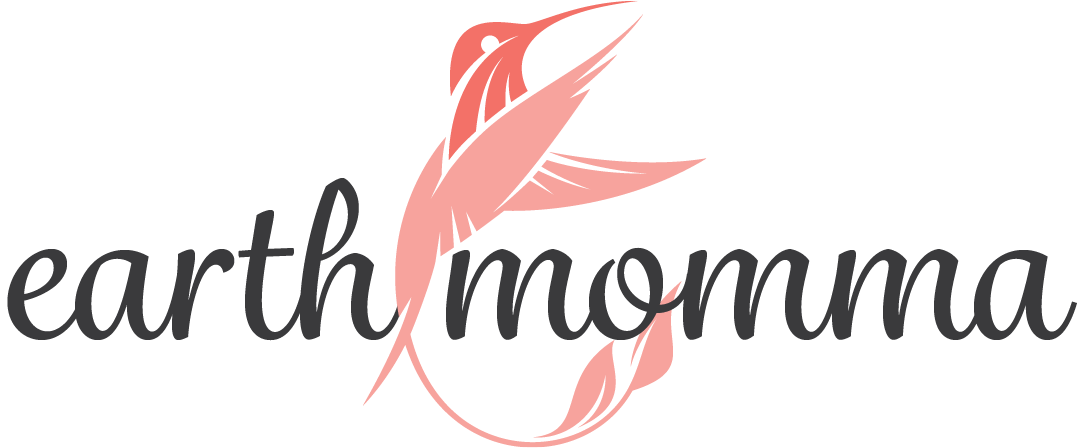What is the True Meaning of Plastic Free July?
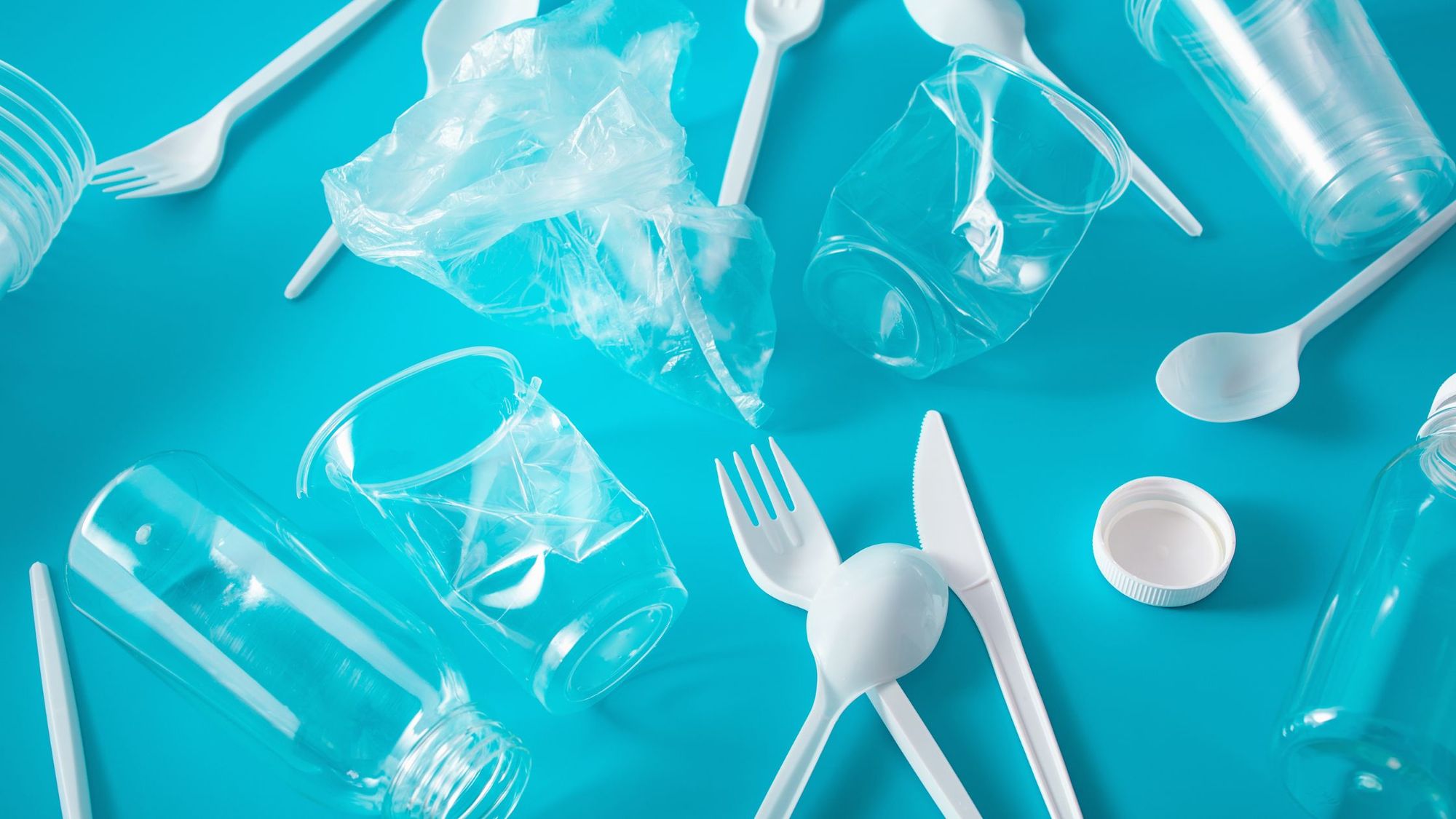
Plastic Free July: the holy month of the modern-day zero waster. As someone who identifies as an environmentalist, an Earth Momma of sorts, I always look forward to this time of year. Not only does it provide me with the perfect chance to educate others on the horrors of plastic pollution, but it also serves as a time to reflect on my personal plastic consumption and where I can make improvements.
Plastic Free July is an annual movement that challenges people to reduce their single-use plastic consumption for an entire month. A key initiative of the Plastic Free Foundation, it started in 2011 with just 40 people in Australia, and has since grown to make a huge impact across the globe.
According to the Plastic Free Foundation's 2021 Impact Report, since its inception participants have reduced 2.1 million tons of waste and recycling during Plastic Free July. That’s 15kg of resources saved per person per year, protecting the environment from landfill and litter!
Plastic Free July has shown us that small changes can add up to big results.
Although we have seen great success with the Plastic Free July movement throughout the past decade, it's important that we not lose sight of its true meaning and intention. Originally, this campaign was meant as a way to educate the masses on how to reduce their single-use plastic waste, inspiring everyone to get involved by making small and sustainable changes. And after 30 days, hopefully these small changes would turn into life-long habits!
Now that the movement has become more popular, there are many who are taking the simple directive of "choose to refuse" to the extreme.
Time and time again, I have seen eco-influencers and their followers demonize ~all plastics~ and the people who use them. Although I agree that we do have a serious issue when it comes to plastic pollution, it's unrealistic to expect all people to give up all plastics.
The reason plastic became such a highly sought after material is because it's incredibly versatile. It revolutionized many industries, most notably medicine. In fact, sanitation efforts and infection control in medical facilities would be virtually nonexistent without it. We see plastic used in bottles to hold our prescriptions; gloves to clean our wounds; syringes to draw our blood; vials to carry our vaccines; and more!
The problem is not plastic, the problem is unnecessary ~single-use plastic~ that contributes to throwaway culture.
In the 1970s, plastic became incredibly popular with manufacturers who began replacing traditionally paper or glass staples with lighter or more durable and affordable plastic alternatives. Since the 1950s, 8.3 billion metric tons of plastics have been produced, and half of that in the past 15 years alone.
So yes, there is a plastic problem. But no, we don't have to give up all plastics. Especially if some of us rely on it to live safely and comfortably.
A person shouldn't feel bad if:
- They use a plastic straw because they have the medical need
- They purchase sunscreen in a plastic tube because they want to prevent skin cancer
- They buy pre-chopped fruits or produce because they have arthritis and can't use a knife
- They choose to eat frozen vegetables because it's cheaper than the fresh counterpart
- They go through the drive-thru for dinner because they don't have the mental fortitude to cook an entire meal from scratch
- And much, much more
Personally, I struggle with preparing meals at home. It can be a struggle to cook ~period~ but especially after a stressful day at work or when I'm struggling with my mental health. Why should I add to my feelings of shame and guilt just because I went through a drive-thru?
This Plastic Free July, let's remember that promoting extreme behaviors is unhelpful and only serves to push people away. If you're an influencer and you have an audience, remind them that you might be at a different part of your "plastic free" journey than they are and that's okay!
I'm not saying you can't work toward reducing more and more of your plastic waste every year because that's an awesome goal! What I'm saying is to remember the importance of nuance.
Let's choose to refuse single-use plastics in a sustainable way that challenges us, not stresses us out. We can't take care of the planet if we don't take care of ourselves, first.
Check out the image gallery below to see some of my Plastic Free July escapades from last year, and sign up for the challenge by visiting the Plastic Free July website!
If you decide you want to get started reducing your unnecessary single-use plastic waste, the best place to start is with a Waste Audit! Download my free Waste Audit Worksheet & Review to kickstart your journey today!
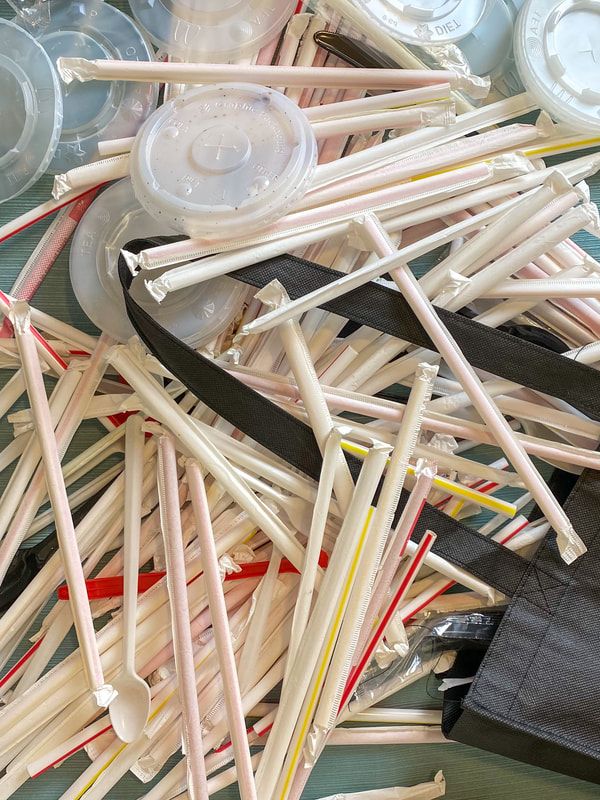
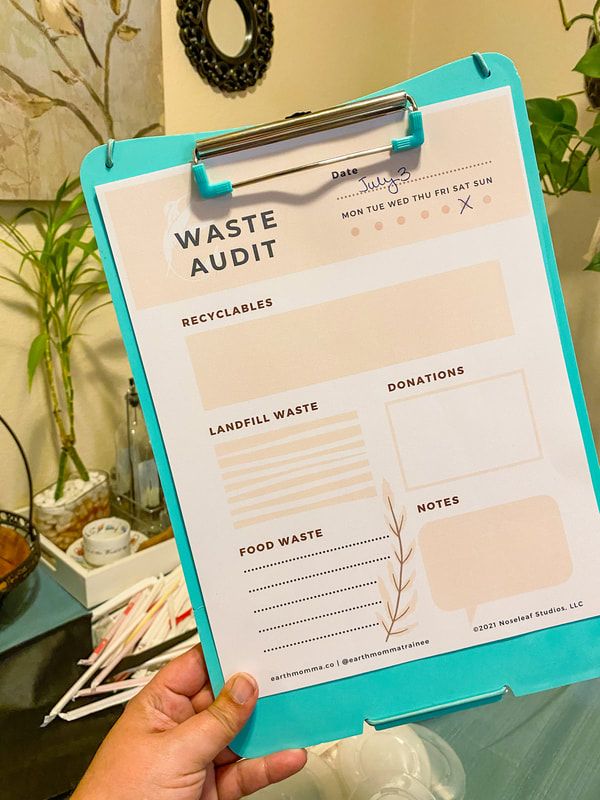

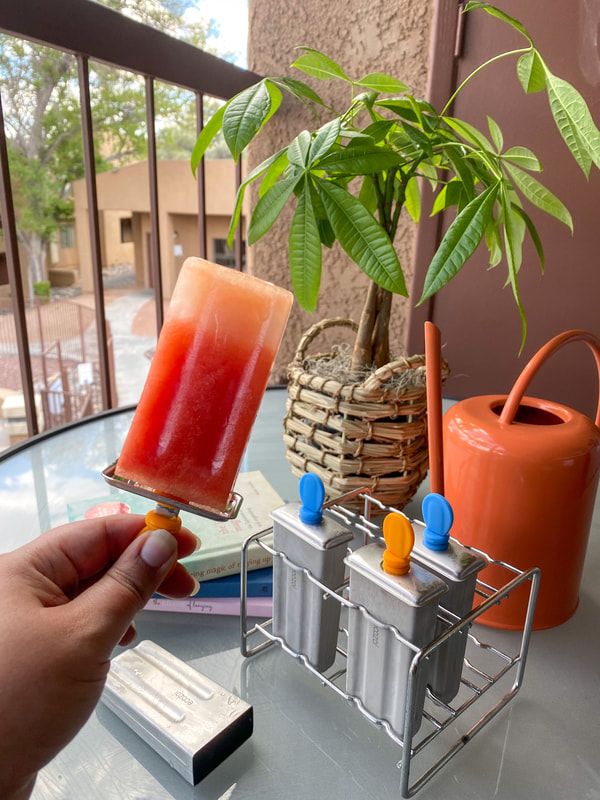


What are your thoughts on Plastic Free July? If you're subscribed, drop a comment in our Facebook group to share!
♥ Adriana
